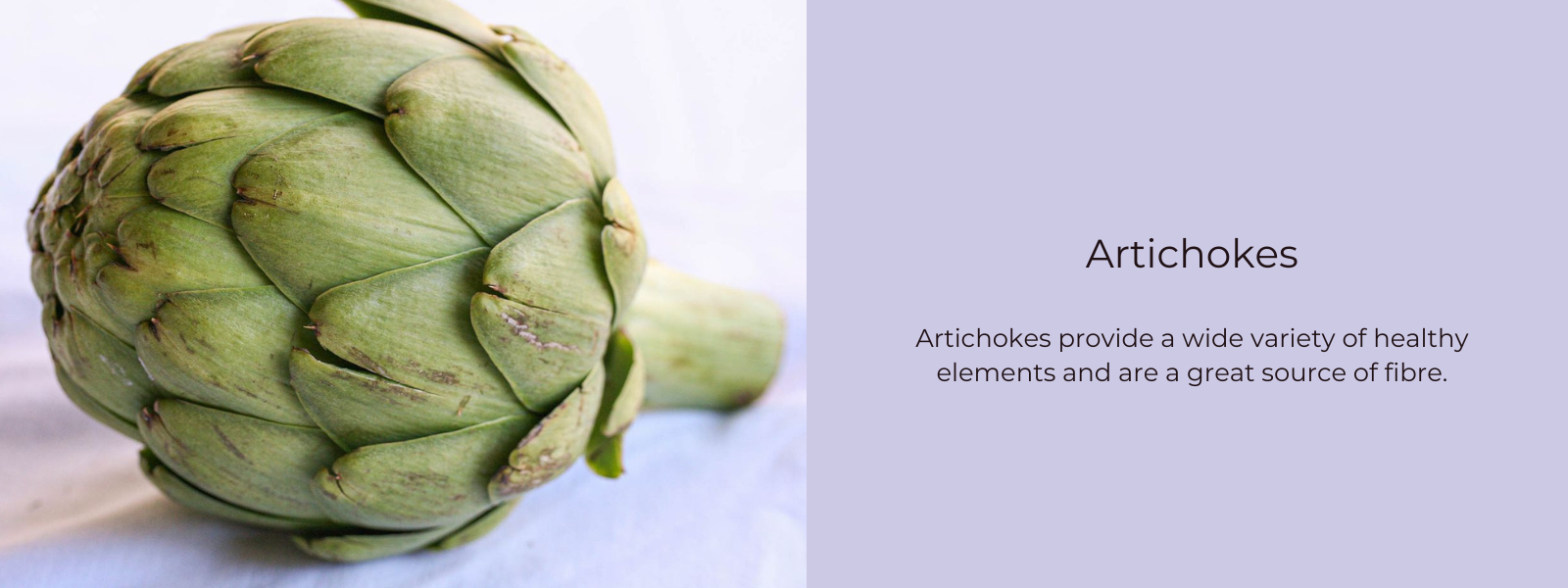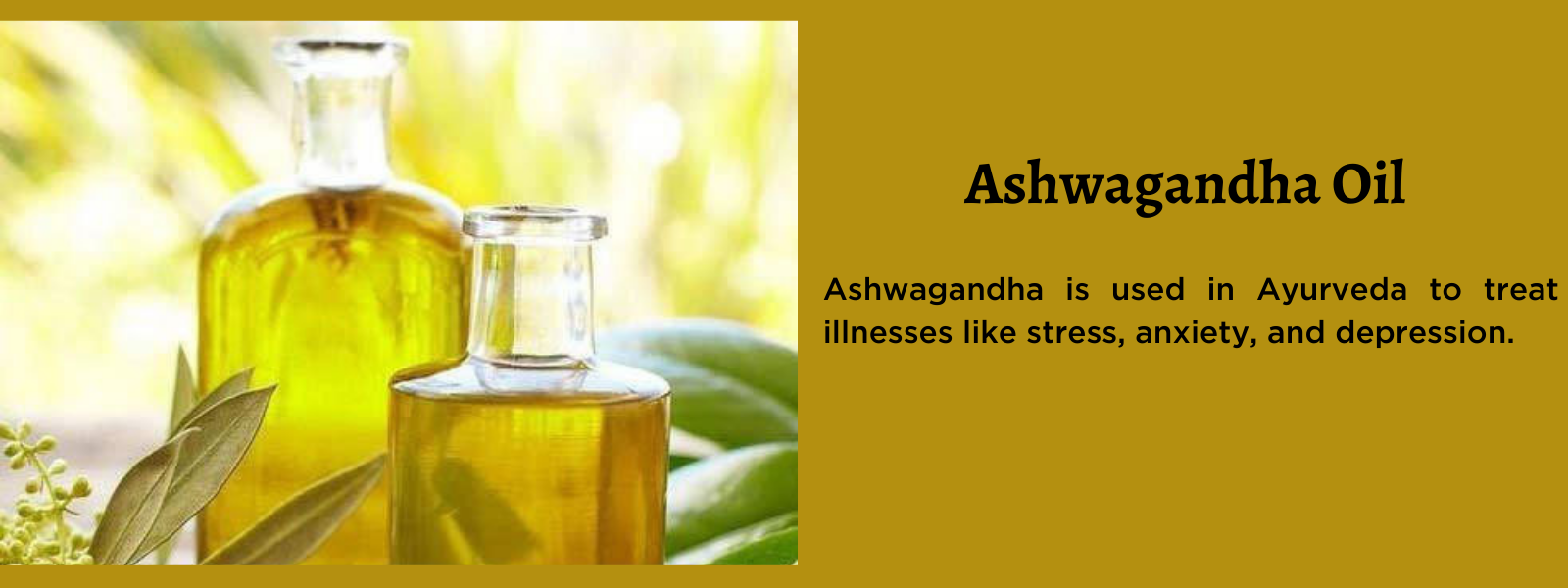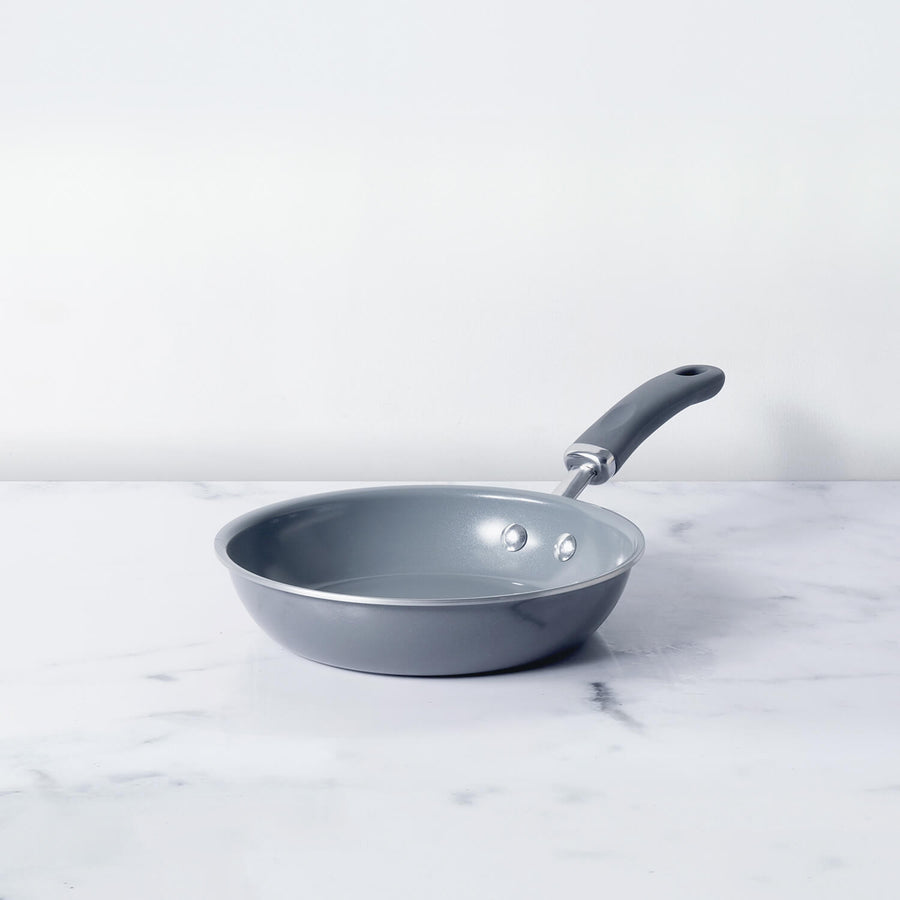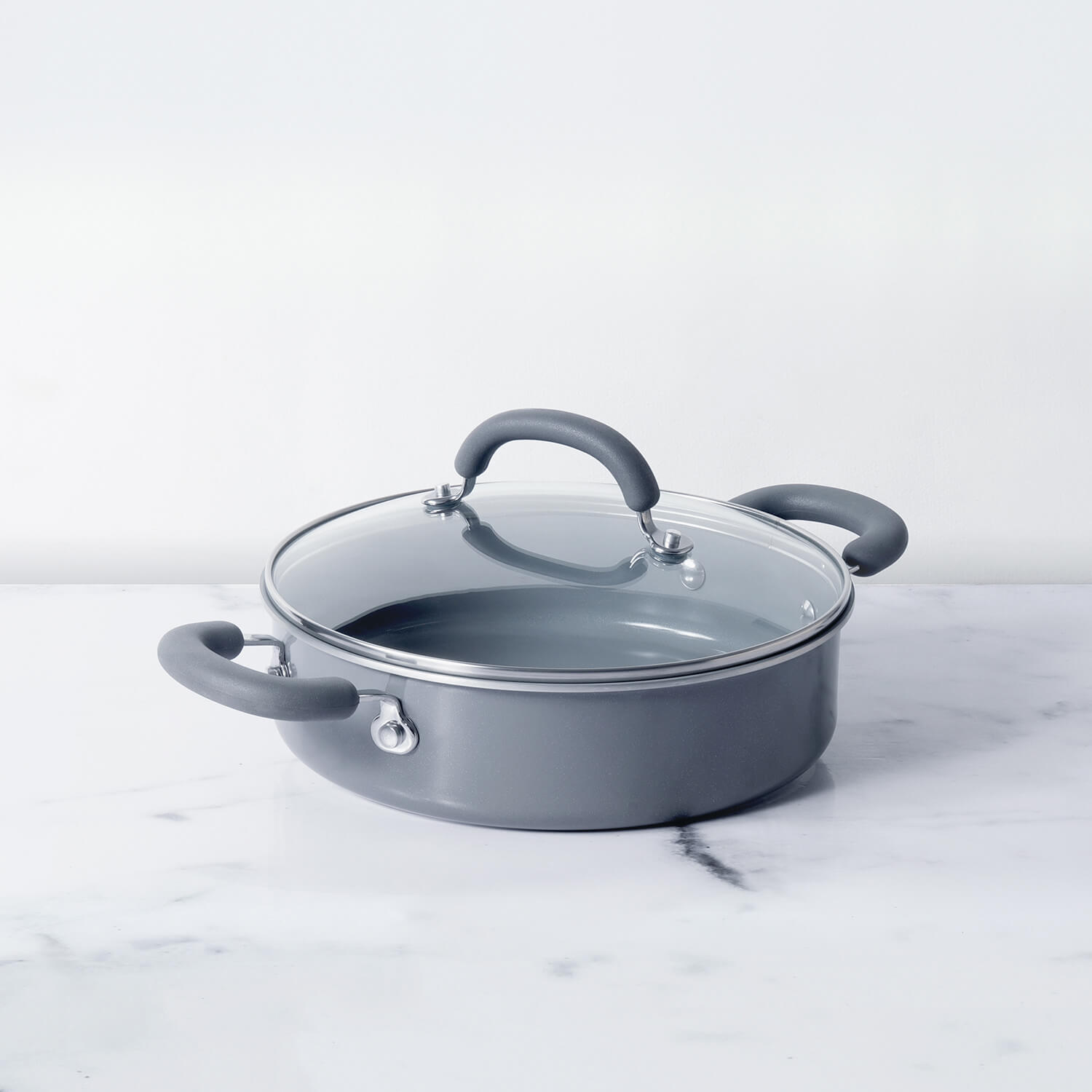Aloe vera, often recognized for its external uses like soothing sunburns, is considered gut-friendly due to its potential positive impact on digestive health. The inner gel of the aloe vera plant contains bioactive compounds such as polysaccharides and antioxidants, contributing to its anti-inflammatory properties. These properties may help soothe the digestive tract, alleviate inflammation, and promote the healing of the gastrointestinal lining. Additionally, aloe vera's potential prebiotic effect may support the growth of beneficial bacteria in the gut, contributing to a balanced and thriving gut microbiota. While aloe vera latex has laxative properties that may provide relief from occasional constipation, it's essential to use it cautiously and under guidance.
Table of Contents
What Is Aloe Vera?
Aloe vera is a succulent plant known for its thick, fleshy leaves that contain a gel-like substance. This gel, found in the inner part of the leaves, has been used for centuries for its various potential health and cosmetic benefits. Aloe vera is native to North Africa, Southern Europe, and the Canary Islands but is now cultivated worldwide for its medicinal and ornamental purposes.
The gel extracted from the aloe vera plant is rich in bioactive compounds, including polysaccharides, vitamins, minerals, amino acids, and antioxidants. These compounds contribute to the plant's anti-inflammatory, antimicrobial, and soothing properties, making it a popular ingredient in skincare products, herbal remedies, and health supplements.
Beyond its external uses for skin conditions like sunburns, aloe vera is also explored for its potential internal health benefits, particularly in supporting digestive health and overall well-being.
Aloe Vera: A Gut Health Superhero:
Aloe vera, commonly known for its soothing properties for sunburns, also emerges as a gut health superhero with a range of potential benefits for the digestive system. The inner gel of the aloe vera plant contains bioactive compounds, such as polysaccharides and antioxidants, that contribute to its therapeutic effects. Here's how aloe vera may support gut health:
- Anti-Inflammatory Action: Aloe vera possesses anti-inflammatory properties that may help soothe and reduce inflammation in the digestive tract. This can be beneficial for conditions like irritable bowel syndrome (IBS) or inflammatory bowel diseases.
- Gastrointestinal Healing: The mucilaginous gel of aloe vera may promote the healing of the gastrointestinal lining, potentially assisting in the recovery from digestive issues and irritations.
- Balancing Gut Microbiota: Aloe vera may act as a prebiotic, supporting the growth and maintenance of beneficial bacteria in the gut. A balanced and diverse gut microbiota is essential for overall digestive wellness.
- Constipation Relief: Aloe vera latex, derived from the plant's inner leaf skin, contains compounds with laxative effects. This can provide relief from occasional constipation, although it's important to use it cautiously and under guidance.
- Antioxidant Protection: The antioxidants in aloe vera help neutralize free radicals, providing protection to the cells of the digestive tract from oxidative stress and potential damage.
- Soothing Irritable Bowel Syndrome (IBS) Symptoms: Some studies suggest that aloe vera may alleviate symptoms of IBS, including abdominal pain and discomfort, although more research is needed.
How To Use Aloe Vera For Better Gut Health:
Using aloe vera for better gut health involves incorporating it into your routine in a safe and controlled manner. Here are some ways you can consider using aloe vera for potential gut health benefits:
- Aloe Vera Juice:
- Drink aloe vera juice, specifically formulated for internal consumption. Start with small amounts to assess your tolerance.
- Aloe Vera Gel:
- Add aloe vera gel (without aloin, the laxative compound) to smoothies or juices. Ensure the product is intended for oral consumption.
- Supplements:
- Consider aloe vera supplements in the form of capsules or tablets. Consult with a healthcare professional for proper dosage and guidance.
- Aloe Vera Water:
- Infuse water with a small amount of aloe vera gel for a refreshing drink. Adjust the quantity based on personal preference.
- Smoothies and Beverages:
- Blend aloe vera gel into smoothies or other beverages for added nutrition and potential gut-soothing effects.
- Topical Use:
- While primarily known for internal use, applying aloe vera gel externally can promote skin health, indirectly contributing to overall well-being.
How To Extract Aloe Vera Gel?
Extracting aloe vera gel from the plant is a simple process. Here's a step-by-step guide to help you take out aloe vera gel easily:
Materials Needed:
- Aloe vera leaf
- A clean cutting board
- A sharp knife
- A clean bowl
- Spoon or spatula
- Paper towels or a clean cloth
Procedure:
- Select an Aloe Vera Leaf:
- Choose a mature and healthy aloe vera leaf. Older leaves toward the base of the plant typically contain more gel.
- Wash the Leaf:
- Rinse the aloe vera leaf under cold running water to remove any dirt or debris.
- Cutting the Leaf:
- Place the aloe vera leaf on a clean cutting board. Using a sharp knife, cut off one of the outermost leaves as close to the base as possible.
- Trimming the Edges:
- Trim the spiky edges of the leaf on both sides.
- Slice the Leaf Open:
- Cut the aloe vera leaf open lengthwise, exposing the inner gel.
- Scraping the Gel:
- Use a spoon or spatula to gently scrape the gel from the leaf. Start from the base and work towards the tip.
- Collect the Gel:
- Allow the gel to fall into a clean bowl or directly onto the spoon. Ensure you collect as much gel as possible.
- Optional: Rinse the Gel:
- If you want to remove the yellow latex (aloin) from the gel, you can rinse it under cold water.
- Transfer to a Container:
- Transfer the extracted aloe vera gel into a clean, airtight container for storage.
- Store in the Refrigerator:
- For longer shelf life, store the container with aloe vera gel in the refrigerator. The cool temperature can help preserve its freshness.











Leave a comment